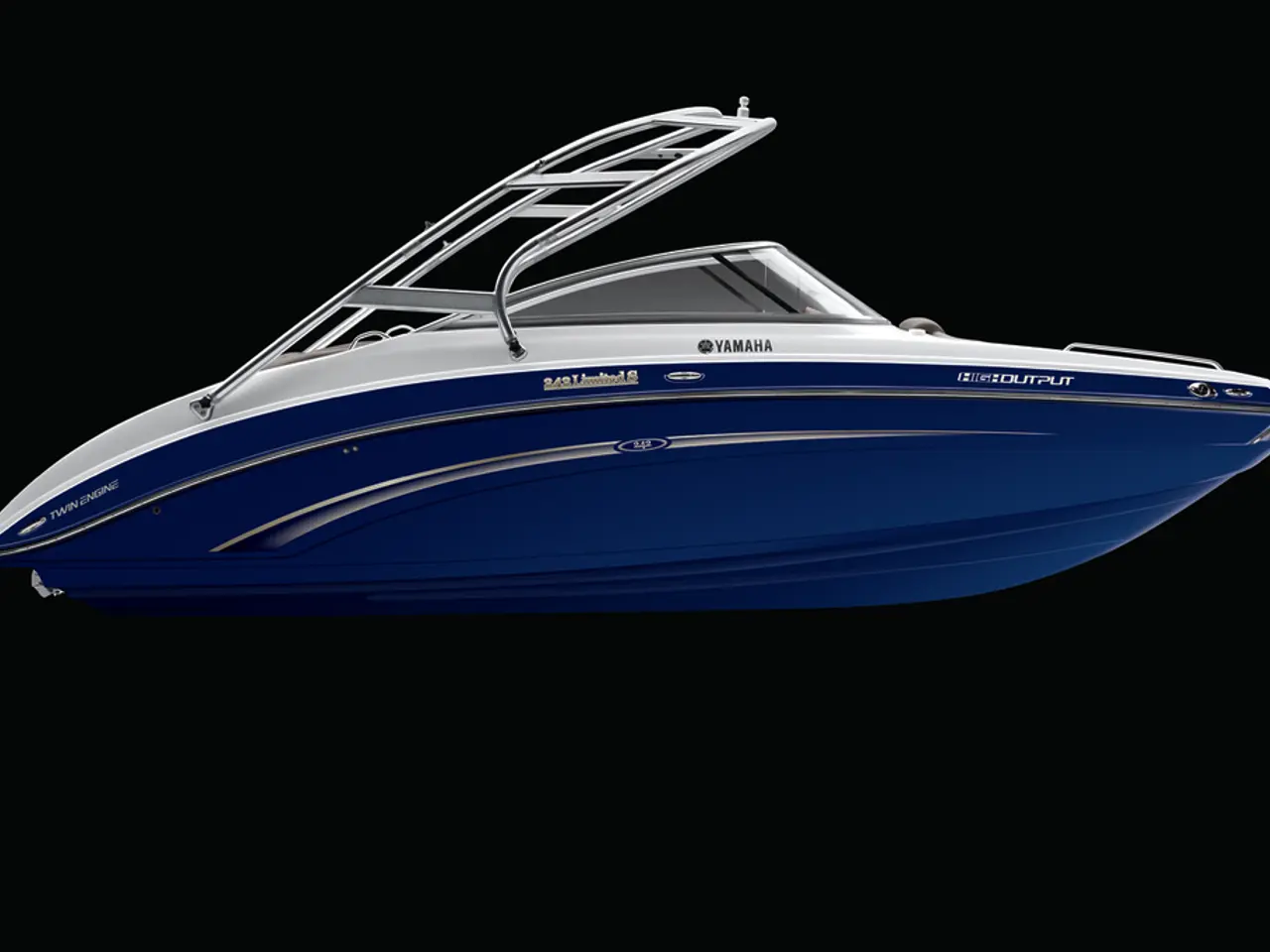Marine tourism in Mugla faces imminent danger due to liquid waste pollution
In the picturesque coastal town of Mugla, Turkey, the growing number of boats and insufficient waste collection vessels have led to concerns about the environmental impact and the future of marine tourism.
The Environment, Urbanization and Climate Change Ministry has been actively addressing this issue, conducting inspections on 3,167 facilities and 56 vessels, imposing fines totaling 2.65 billion liras. However, the majority of solid and liquid waste collection vessels in Turkey have capacities of just 3 to 10 tons, making them inadequate for the task at hand.
The Yacht and Boat Industry Association has also voiced its concerns. Director Kadir Karakaya has observed that pollutants wash up along the coasts, making swimming difficult in Gocek Harbor, and that the waters in Gocek Bay have turned brown recently. He has also reported that foreign and local boat owners are dumping their waste into the sea in Mugla.
To combat these issues, the Association invested 300,000 euros in a vessel capable of collecting 20 tons of liquid waste and 500 liters of bilge water. However, only a fraction of the generated liquid waste is collected by specialized waste vessels.
To protect the environment and sustain the tourism appeal of Mugla’s coastal zones like Gocek Harbor and Bay, sustainable solutions for liquid waste management are necessary. These include:
- Integrated Wastewater Treatment and Recycling Systems: Installing decentralized or centralized treatment facilities that can effectively treat sewage and greywater from boats, marinas, and nearby hotels to a high standard for reuse or safe discharge.
- Eco-friendly Marina Infrastructure: Marinas can incorporate environmentally designed holding tanks and pump-out stations for boats to manage liquid waste on-site, preventing direct discharge into the sea.
- Advanced Biological Treatment Technologies: Using natural or engineered wetlands, biofilters, or membrane bioreactors that require lower energy inputs and produce minimal sludge suited for coastal environments.
- Strict Regulatory Framework and Monitoring: Implementing and enforcing regulations that mandate pre-treatment of liquid waste, monitor discharge quality, and promote compliance by tourism operators and marina users.
- Public Awareness and Stakeholder Engagement: Educating boaters, tourism businesses, local residents, and authorities about impacts of liquid waste and sustainable management practices fosters cooperative stewardship.
- Use of Environmentally Friendly Products: Promoting biodegradable soaps, cleaning agents, and chemicals aboard vessels reduces harmful pollutants entering local waters.
By implementing these approaches, it is hoped that water quality will be protected, marine ecosystems preserved, and the tourism appeal of Mugla’s coastal zones sustained. Although these recommendations are generalized, they align with global best practices for liquid waste management in sensitive coastal tourism areas and can be tailored to the local conditions of Mugla.
If you require more detailed technical or policy examples for implementing these solutions, they are available upon request.
- Theenvironmental-science field, particularly environmental-science focused on climate-change, could play a crucial role in devising sustainable solutions for liquid waste management in coastal tourism areas, such as Mugla.
- With integration of the proposed sustainable solutions into their lifestyles and travel practices, boaters, tourism businesses, and local residents in Mugla can contribute to preserving the climate-change vulnerability of marine ecosystems and the environmental-science integrity of the region's coastal zones.




